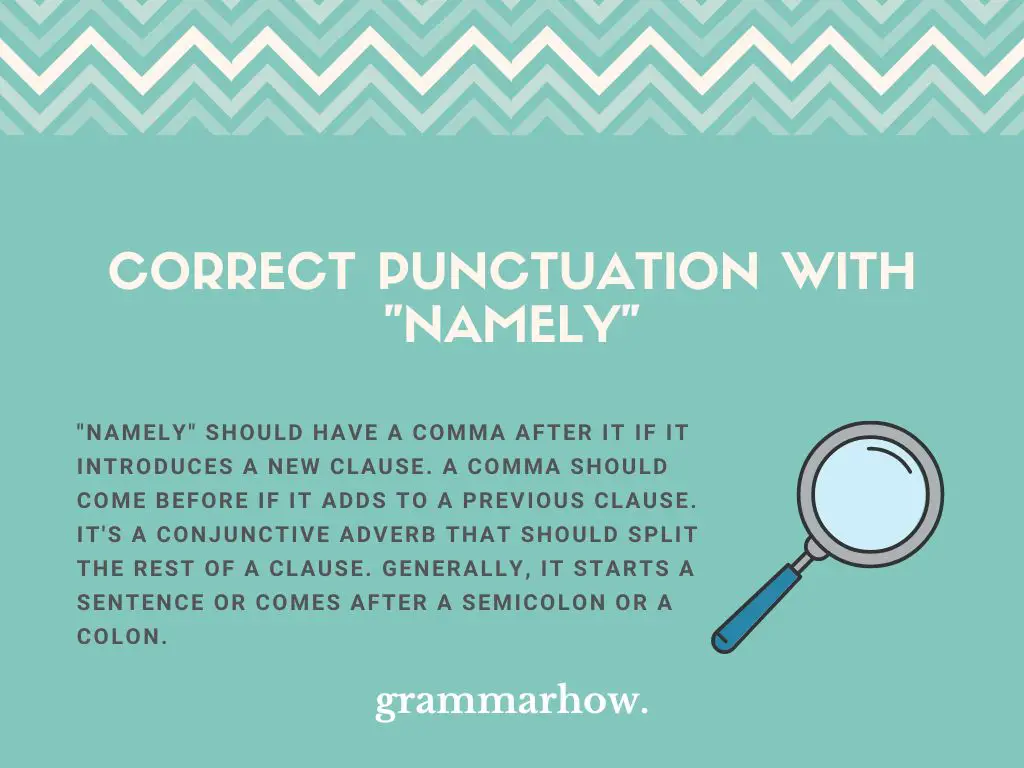

More information Comma splice: misused punctuationĪ type of run-on sentence, the comma splice is characterised by the use of of too-weak punctuation forms often, using a comma instead of a semi-colon or a period.Įxample (notice the comma before ‘therefore’): Therefore, individual research efforts are valuable.

Specific agendas in media organisations lead to information being manipulated or hidden. * Specific agendas in media organisations lead to information being manipulated or hidden therefore individual research efforts are valuable. Run-on sentences: insufficient punctuationĮxample (notice the absence of punctuation marks around ‘therefore’): However, these marks are also liable to underuse, as in the case of run-on sentences misuse, as in the comma splice and overuse, as it often happens with the Oxford comma. Punctuation marks such as the comma, the semi-colon, the colon and the period are useful for organising phrases and clauses, facilitating the reading, and disambiguating. A colon or dash might work, but these tend to indicate a longer pause - this is useful if that is the way it was spoken or intended.When writing formal pieces, some pitfalls in the punctuation are easy to avoid once you know them. This is achieved also by the close synonymous phrases in the OED's definition, namely, “that is to say, to be specific to wit.” Without doubt, the easiest way to do this is with a comma – everyone understands a comma. The essence of the punctuation after "namely" is to provide a slight pause. Irving Widow for One Year 442 He'd asked her to look for some important papers-namely, a codicil to his will. 110 I have mentioned Julia's children.namely, her three boys, Gaius, Lucius, and Postumus, and her two daughters, Julilla and Agrippina.ġ998 J. 48 The worst and most disheartening point.is this namely,-that the course of modern thought and modern life is set against these improvements.ġ934 R. 349 A third quality of sounds, namely, cadence or accent.ġ875 A. 99 It would then have been understood as it is at present, namely, that the gentlemen would rank in the order they are named.ġ855 A.

Introducing more detailed information or a particular example: that is to say, to be specific to wit.ġ798 G. The list can be viewed as being in apposition to an earlier reference and this makes for the good use of a comma.ģ.a. In broad terms, whatever follows it is that which is then named/described/titled, etc. The OED examples since the late 18th century are consistent: “namely” is followed by a comma. Nevertheless, I can't claim that my preference is anything more than a preference. The link you provide to Merriam-Webster's Learner's Dictionary is useful because it describes some of the numerous ways that people deal with "namely," including these:īut that source doesn't account for other possibilities, such as these:Īs the contrasting comments and responses to your question indicate, people have very different preferences for punctuating "namely." I favor the -namely, option, which I like because it establishes a clean break from the wording responsible for the deficiency in identification that the words following "namely" are dedicated to supplying. I don't think that any settled and widely accepted rule for handling "namely" exists, which makes the challenge to "prove your claims by including references" rather difficult.


 0 kommentar(er)
0 kommentar(er)
